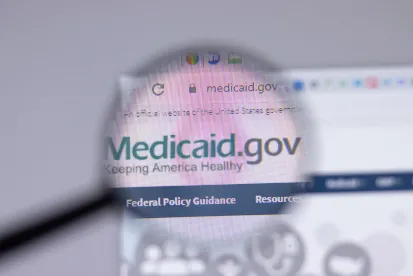In a per curiam decision issued January 13, 2022, the U.S. Supreme Court upheld the federal health care worker vaccine mandate rule, finding that the Department of Health & Human Services (HHS) Centers for Medicare & Medicaid Services was authorized by law to issue the rule. See our previous analyses of the rule and subsequent litigation here and here for more background information on the stakes of this case.
In reaching its decision, the Court notes that the “unprecedented circumstances” of the COVID-19 pandemic “provide no grounds for limiting the exercise of authorities [HHS] has long been recognized to have” in the interest of health and safety. The Court found that one of HHS’s fundamental functions by law is to “ensure that the healthcare providers who care for Medicare and Medicaid patients protect their patients’ health and safety,” and that the rule at issue (which updates regulations governing the conditions of participation in Medicare and Medicaid for certain health care providers and suppliers) was implemented by HHS after determining that vaccination of healthcare workers against COVID-19 was necessary to protect patients. The Court also cited the fact that HHS has authority to impose conditions on the receipt of Medicare and Medicaid funds, and so the rule updating conditions of participation “fits neatly within the language of” the Social Security Act and is consistent with “the fundamental principle of the medical profession: first, do no harm.” Interestingly, although the decision was issued “per curiam” by the Court, three Justices signed on to a dissent authored by Justice Thomas which takes the position that the government failed to demonstrate its authority to impose the vaccine mandate.
To allow the health care worker vaccine rule to move forward, the court stayed two separate district court injunctions that had prevented uniform enforcement of the rule by HHS and state survey agencies. It remains to be seen whether and how HHS will adjust any enforcement deadlines for providers and suppliers to ensure that their workers are vaccinated, and that they have appropriate vaccination policies in place, in accordance with the rule.
The decision comes six days after the Court heard arguments in this case and a related challenge to the Emergency Temporary Standard addressing vaccination issued by the Occupational Safety and Health Administration. See the Court’s decision in that case here.



 />i
/>i
